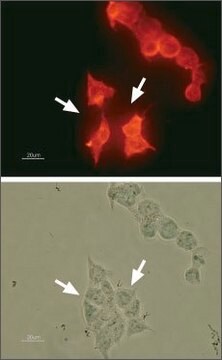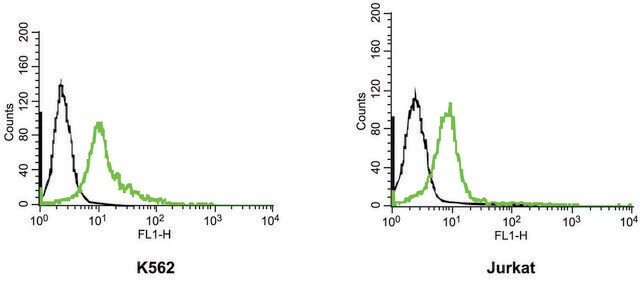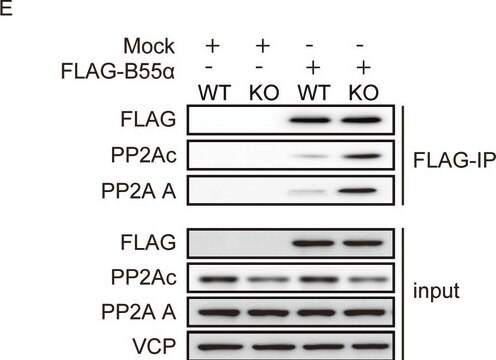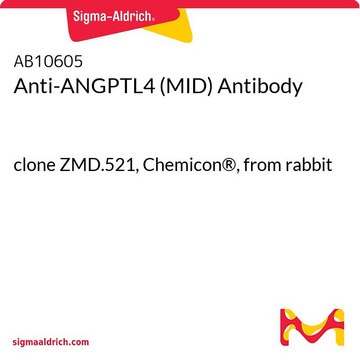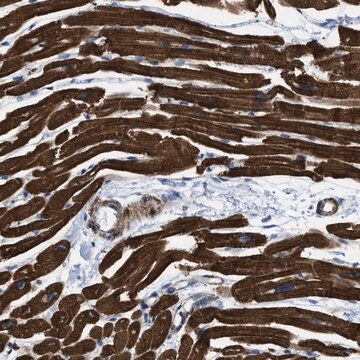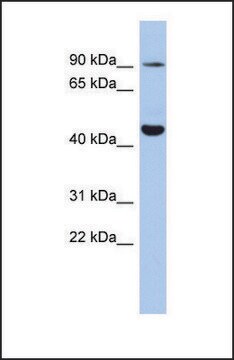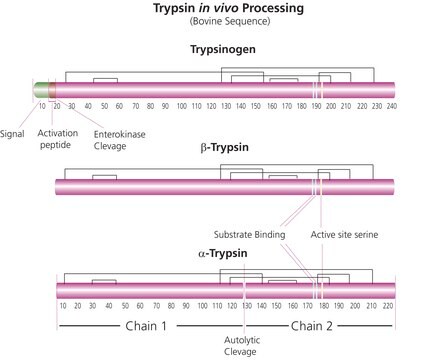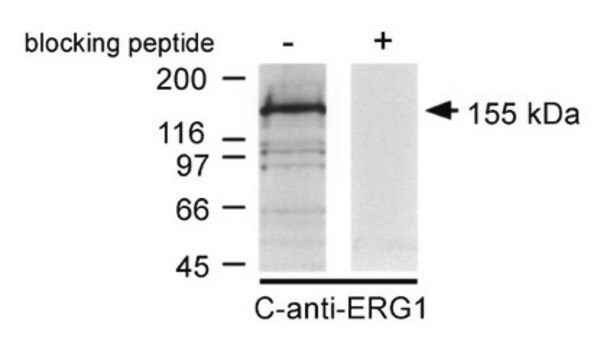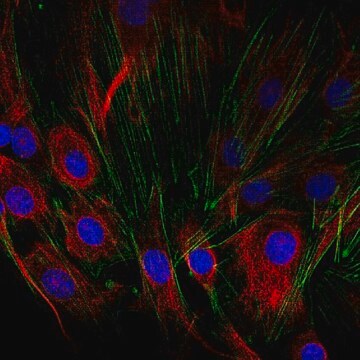AB5908
Anti-Potassium Channel HERG Antibody, CT
Chemicon®, from rabbit
Sinónimos:
Erg1, Kcnh2
About This Item
Productos recomendados
origen biológico
rabbit
Nivel de calidad
forma del anticuerpo
affinity purified immunoglobulin
tipo de anticuerpo
primary antibodies
clon
polyclonal
purificado por
affinity chromatography
reactividad de especies
human
fabricante / nombre comercial
Chemicon®
técnicas
immunocytochemistry: suitable
immunoprecipitation (IP): suitable
western blot: suitable
Nº de acceso NCBI
Nº de acceso UniProt
Condiciones de envío
wet ice
modificación del objetivo postraduccional
unmodified
Información sobre el gen
human ... KCNH2(3757)
Especificidad
Inmunógeno
Aplicación
Neuroscience
Ion Channels & Transporters
Immunocytochemistry
Immunoprecipitation
Dilutions should be made using a carrier protein such as BSA (1-3%)
Optimal working dilutions must be determined by the end user.
Descripción de destino
Forma física
Almacenamiento y estabilidad
Nota de análisis
CONTROL ANTIGEN: Included free of charge with the antibody is 120 μg of fusion protein (35 kD). The stock solution of the antigen can be made up using 100 μL of PBS. For negative control, preincubate 3 μg of fusion protein with 1 μg of antibody for one hour at room temperature. For positive control, use 20 ng of fusion protein per lane. Optimal concentrations must be determined by the end user.
Otras notas
Información legal
Cláusula de descargo de responsabilidad
¿No encuentra el producto adecuado?
Pruebe nuestro Herramienta de selección de productos.
Frases de peligro
Consejos de prudencia
Clasificaciones de peligro
Aquatic Chronic 3
Código de clase de almacenamiento
13 - Non Combustible Solids
Clase de riesgo para el agua (WGK)
WGK 3
Punto de inflamabilidad (°F)
Not applicable
Punto de inflamabilidad (°C)
Not applicable
Certificados de análisis (COA)
Busque Certificados de análisis (COA) introduciendo el número de lote del producto. Los números de lote se encuentran en la etiqueta del producto después de las palabras «Lot» o «Batch»
¿Ya tiene este producto?
Encuentre la documentación para los productos que ha comprado recientemente en la Biblioteca de documentos.
Nuestro equipo de científicos tiene experiencia en todas las áreas de investigación: Ciencias de la vida, Ciencia de los materiales, Síntesis química, Cromatografía, Analítica y muchas otras.
Póngase en contacto con el Servicio técnico